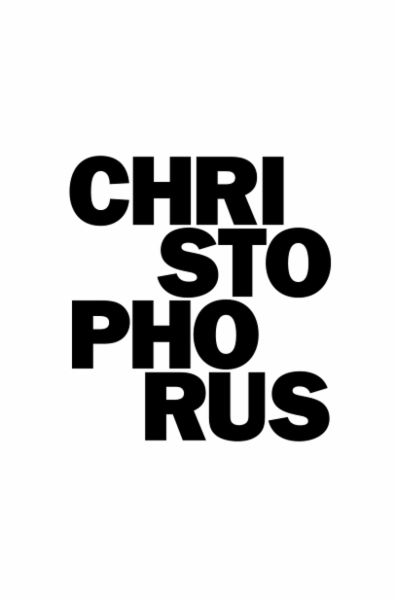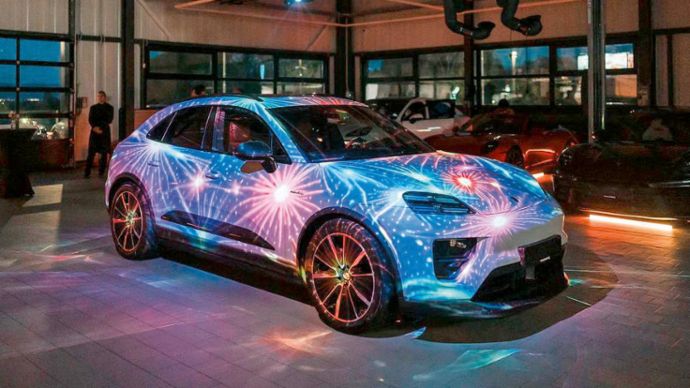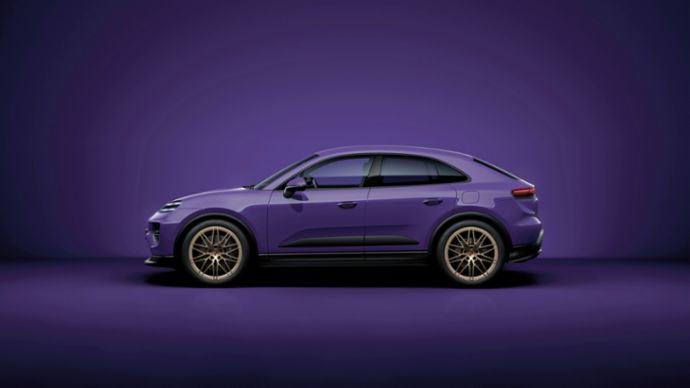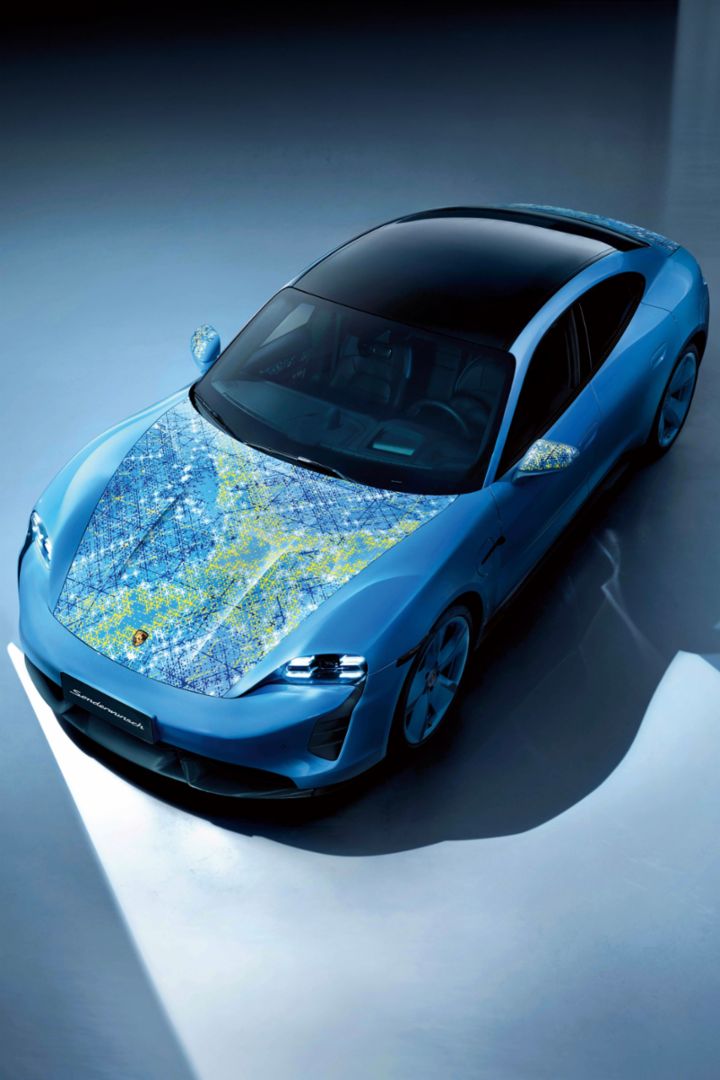Partners in time
Porsche Australia & New Zealand – Precision and performance aren’t the only ties that bind Porsche and TAG Heuer.
German sportscar maker Porsche and Swiss watchmaker TAG Heuer have charted remarkably similar journeys to earn places at the front of two entirely different industries.
Both brands reached important milestones in 2023. Porsche turned 75 and the legendary 911 sportscar shared its 60th birthday with another famous sports model of the same name, the TAG Heuer Carrera.
The relationship between Porsche and TAG Heuer goes back many years and, according to Nicholas Biebuyck, Heritage Director at TAG Heuer, an array of remarkable people and events connect them.
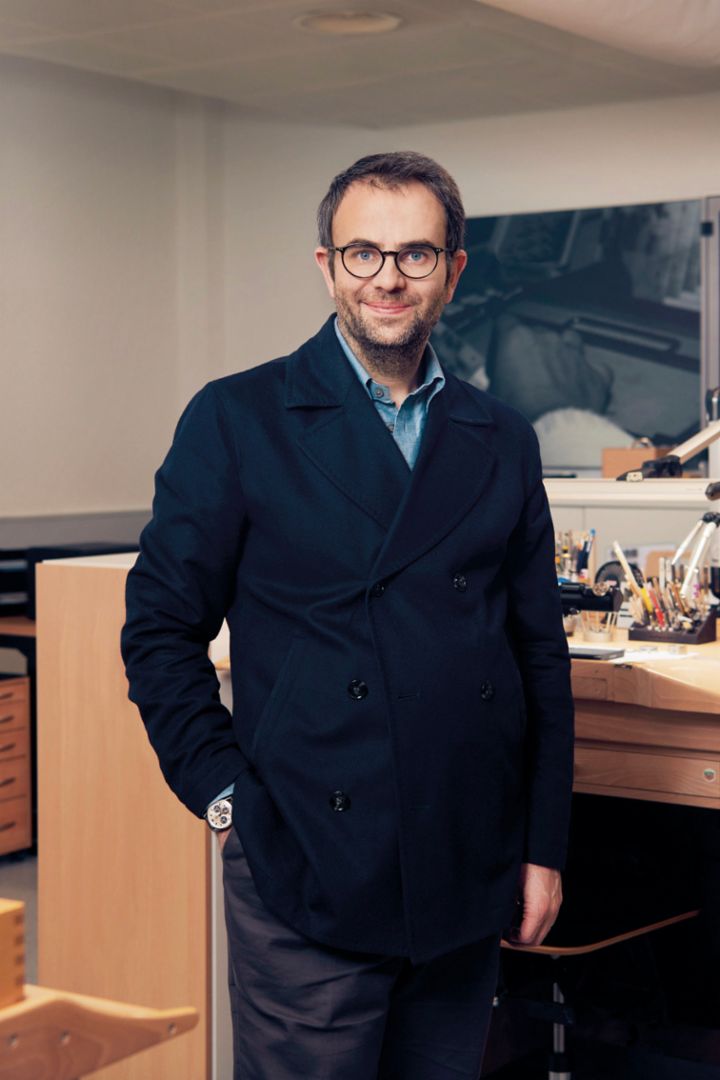
Master timekeeper:
Nicholas Biebuyck, Heritage Director at TAG Heuer.“It’s easy to assume Porsche and TAG Heuer have had an official relationship for decades,” he says, “but the truth is it only officially started in 2021. The long-standing connection between both brands has been entirely organic and it began a long time ago.”
The genesis of this connection occurred in the 1960s when the two companies launched what would become their most revered models.
“In 1963, Heuer launched the Carrera, the same year Porsche released the 901, which became the 911.
“Jack Heuer had already identified that motorsport enthusiasts would be an ideal target market for Heuer products, given their understanding of well-engineered products and their requirements for precision timekeeping devices. During his visit to the 12 Hours of Sebring in 1962, he would be introduced to Mexico’s Carrera Panamericana road race and that’s when he fell in love with the name ‘Carrera’, the Spanish term for ‘race’.”
“In 1963, Heuer launched the Carrera, the same year Porsche released the 901.”
Nicholas Biebuyck
It was more than a name that brought the companies together. A cast of characters also connected them along the way.
One of them was screen legend Steve McQueen, whose 1971 movie Le Mans played a pivotal role.
“Steve was a Porsche driver and racer and he was filming his passion project. Derek Bell and Jo Siffert – both Porsche works drivers and Heuer ambassadors – were on set training Steve in how to drive the movie’s Porsche 917K racing car. Jack Heuer would also attend Le Mans in 1970 and amazingly we have a picture of him with Jo Siffert, as well as one of Jo with Ferry Porsche.”
Those connections ran deeper than might appear. In the case of Siffert, it opened a door to new opportunities.
During the lead-up to the market launch of Heuer’s new Chronomatic, the company’s first watch with an automatic chronograph movement, Jack Heuer was keen to connect the Swiss driving ace to the Heuer brand. The resulting deal saw the company logo appear on Siffert’s car. It also saw the F1 race winner selling Heuer watches to team owners and mechanics in the paddock. Bigger things followed.
“Jo eventually opened his own Porsche dealership in Switzerland. He said to Jack ‘How can you be my sponsor when you don’t have a Porsche as your company car?’ That’s how Jack ended up driving a 911.”
Technical ties between the two brands took a deep dive after father and son businessmen Akram and Mansour Ojjeh acquired Heuer. Their company, TAG (Technique d’Avantgarde Group), was involved in precision engineering, specifically for aviation and motorsport. The pair were keen to get the TAG logo on to a luxury marque from Europe.
“They started by acquiring the McLaren Formula One team,” says Nicholas. “But what they really wanted were the TAG letters on a European luxury brand.”
It was around this time McLaren needed a new engine. TAG turned to Porsche. The resulting turbocharged 1.5-litre V6 power unit dominated with more than 1,000 horsepower. It powered the team to both the Drivers’ and Constructors’ Formula One World Championships in 1984 and 1985. The TAG Turbo engine is regarded as Hans Mezger’s final engine masterpiece. It sits alongside the famous air-cooled six-cylinder he developed during his 37-year career at Porsche.
Nicholas Biebuyck: “The 1.5 turbo engine is another example of the crossover in the philosophies of precision watchmaking, precision engineering, and precision timekeeping. There’s a nice thread connecting all of it.”
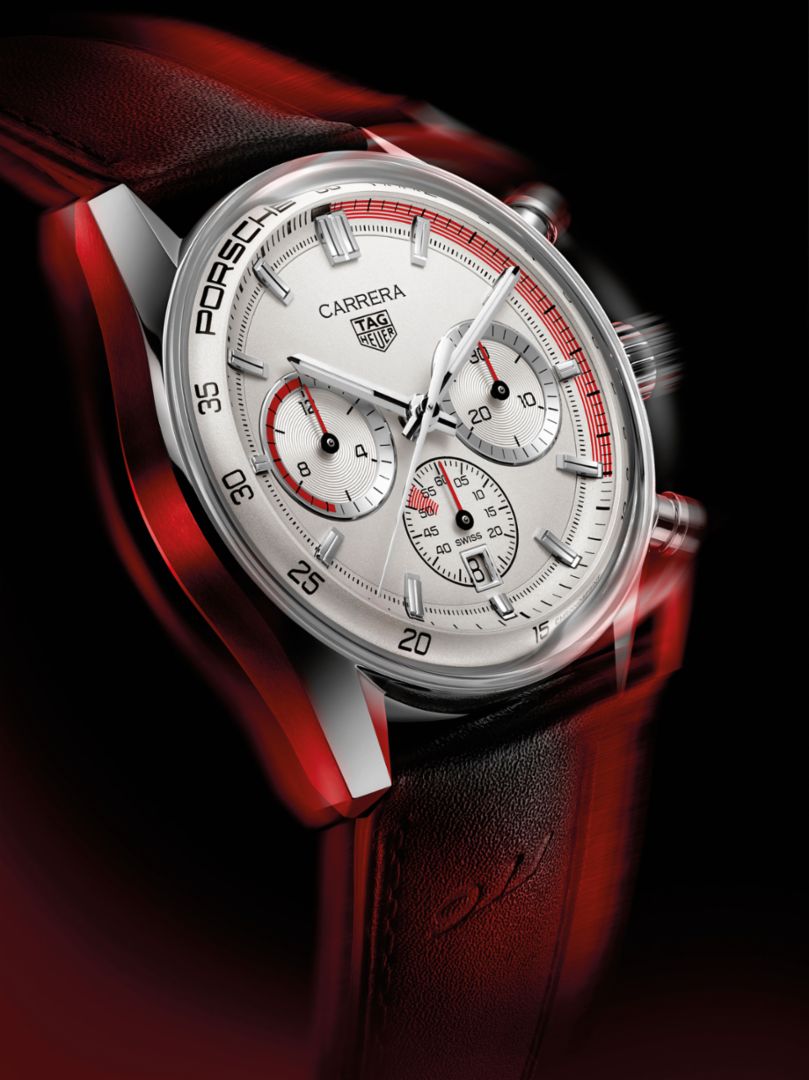
Celebrating the original:
The TAG Heuer Carrera Chronosprint x Porsche.Two people pulled those threads together: Jack Heuer and Ferry Porsche. According to Nicholas, they have a lot in common.
“Both of them had engineering backgrounds but they also had this multifaceted interest across culture and sport and design. Each of them drew these together to create products in their businesses that made them profoundly successful.”
These skill sets and the ability to understand both customers and markets didn’t just create success. Their exceptional products also helped them navigate major challenges. In the case of Heuer, it was the quartz crisis of the 1970s and ’80s. For Porsche it was the 1970s’ oil crisis.
“The TAG Heuer Carrera and Porsche 911 are rare examples of how great products last across so many decades,” says Nicholas.
“You can see their shared qualities. Both are pure design icons honed for very specific purposes.”
TAG Heuer showcased those qualities when it released the Carrera Chronograph 60th Anniversary last year. According to Nicholas, it answered one simple question: “What if the Carrera had remained on a similar foundation from 1963 until today? What would it look like?”
It was a brilliant approach and it begs another fascinating question. What if Jack Heuer had been a carmaker and Ferry Porsche a watchmaker? One thing is certain: the world would still be enjoying two world-class Carrera.
Consumption data
Macan Electric
Taycan Turbo S
-
20.0 – 17.8 kWh/100 km
-
0 g/km
-
A Class

